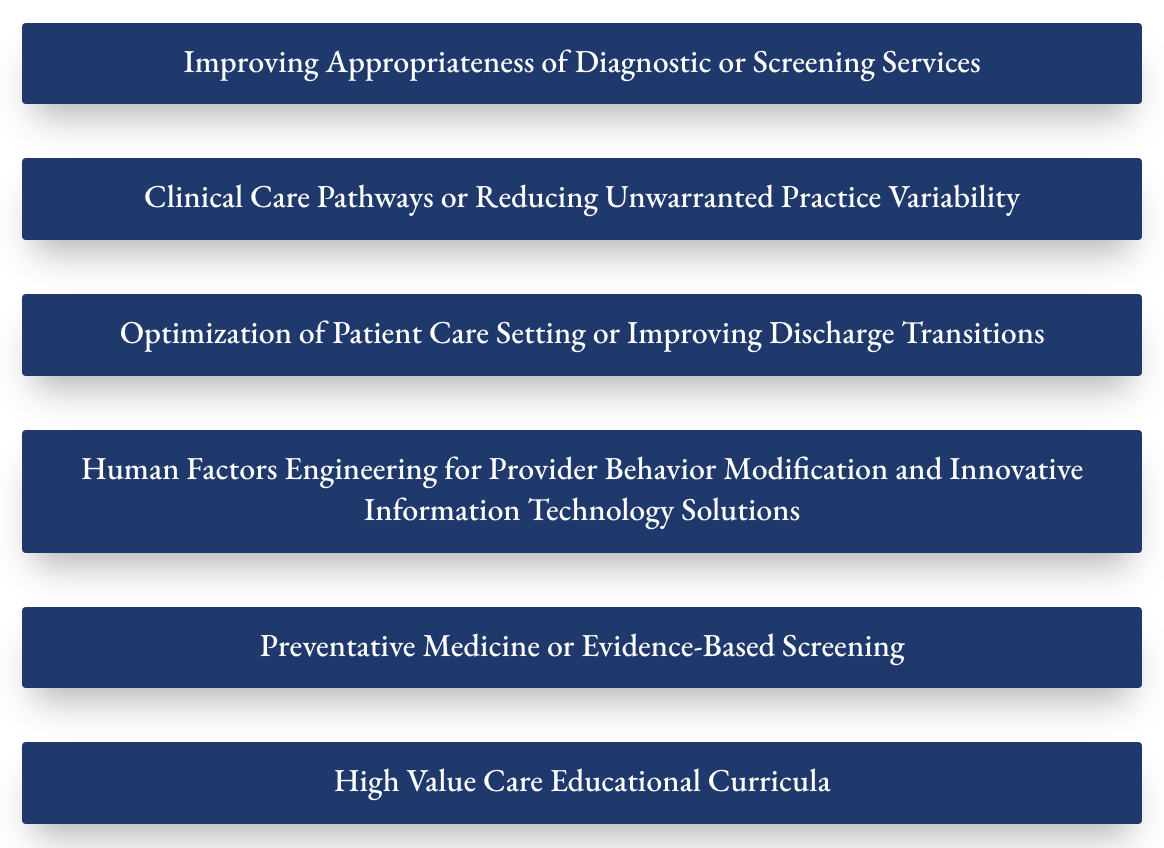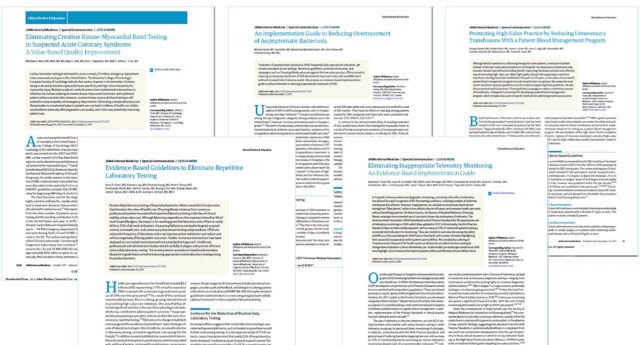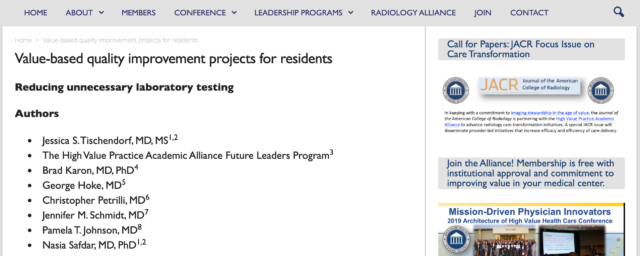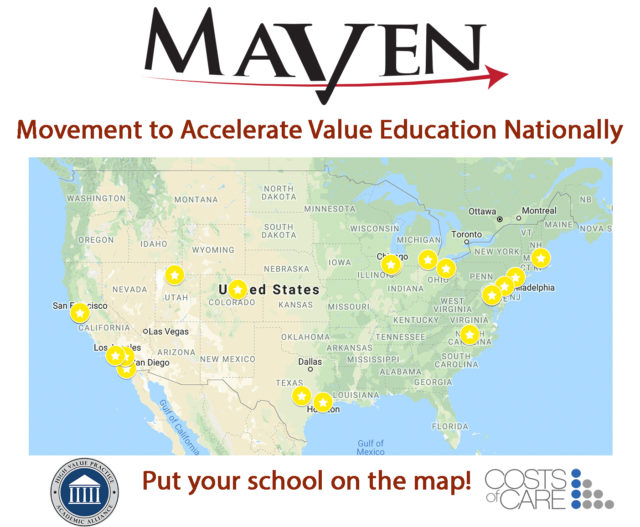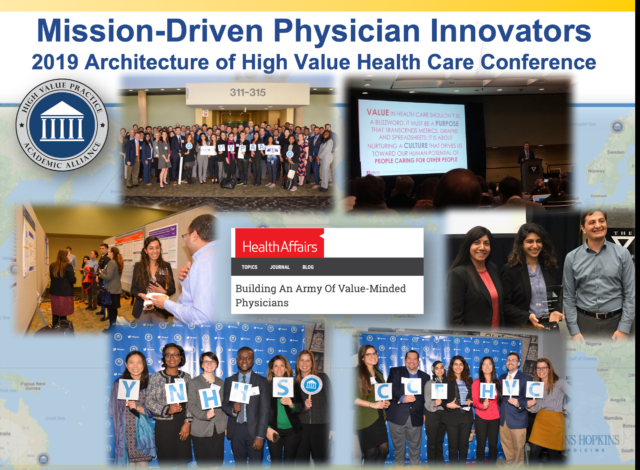From the 2021 HVPAA National Conference
Erin Urbanowicz (Oregon Health and Science University), Emily Mitchell, Caroline King, Andrea Smeraglio
Background
Globally, healthcare costs have spiraled out of control. Healthcare leaders are pursuing new avenues to raise awareness about value-based care and encourage commitment to change in the rising workforce. Training in the importance of value-based care has historically been restricted to residents and medical students in their clinical years. Students and Trainees Advocating for Resource Stewardship (STARS) is a student-led, grassroots effort to raise awareness and advocate for changes related to resource stewardship for those in their pre-clinical years. Existing national educational initiatives include value-based care electives and utilizing students as change agents. However, these initiatives require a significant amount of student and stakeholder effort, and no research to date has evaluated their efficacy. To address these concerns, two student members of STARS utilized publicly available Dell Medical School Value-Based Care Modules to educate their peers on value-based care principles in an effort to affect knowledge and attitudes.
Objective
To introduce value-based care to pre-clinical medical students, and prime them for future value-based care learning and their roles as change agents.
Methods
First and second year medical students were provided the option to complete an online module “Introduction to Value-Based Health Care” during a post-finals extracurricular week along with an anonymous pre-post Qualtrics survey. The survey contained four knowledge-based questions to reflect completion of the module and three attitudes-based questions (ABQs). The knowledge-based questions and one ABQ were taken from a previous survey developed by the STARS national organization with their permission. Two of the ABQs were developed by the students. The ABQs were graded on a 4-point Likert scale asking students’ feelings on unnecessary tests in the health care system, their power to reduce costs for patients, and their power to control cost in the system. Data was analyzed using paired t-tests.
Results
We analyzed data from 120 students who completed both the pre and post survey (24 students completed pre-survey only). After completing the training, students deemed unnecessary testing a more serious problem (3.24 to 3.77, p<0.001), felt they had more control over costs for their patients (2.48 to 2.33, p<0.01) and felt they had more control over costs in the system as a whole (3.25 to 2.83, p<0.001). Students also improved their knowledge (2.48 to 3.53, p<0.001).
Conclusions
There are three lessons learned from this educational intervention. First, medical students can effectively teach their peers to supplement medical school curriculum. This was a student-driven project that led to a large percentage of student body participation in an optional activity that demonstrated statistically significant improvements in knowledge and attitudes. Second, well-designed and timely online modules are an effective way to support medical student knowledge. Third, publicly available resources can support medical education efforts; in our case, there was no need to reinvent the wheel to design optimal curriculum. Instead, we tailored what existed to our identified needs. As a result of this intervention, these modules and other modules in the series are now provided as an option to medical students for each of the seven extracurricular weeks following exams at our institution.
Clinical Implications
This is an easy, cost-free, and publicly available way for educators to empower pre-clinical medical students to begin contemplating both the need and their future role in advancing value-based stewardship. This will ultimately lead to more thoughtful care for our future patients.
